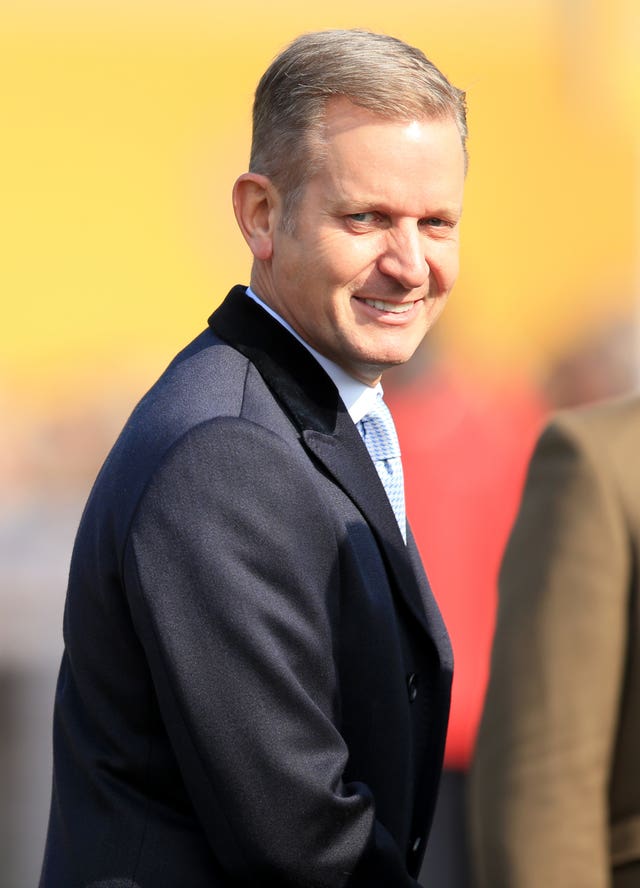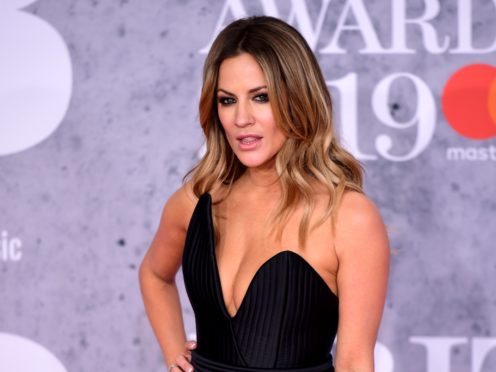Love Island will run for two series next year, ITV announced, as the broadcaster’s revenues and earnings tumbled.
The show, hosted by Caroline Flack, has been a money spinner and a ratings hit, viewed by more than six million people at its peak this year.
ITV said a new villa will be used in South Africa in early 2020 before filming returns to Majorca in the summer.
Love Island goes to two series a year in 2020 – full details – https://t.co/HZLnpJRvqP #LoveIsland2020 @LoveIsland #LoveIsland pic.twitter.com/mcZJIaeT4l
— ITV Press Centre (@itvpresscentre) July 24, 2019
Paul Mortimer, head of digital channels and acquisitions at ITV, said: “Off the back of a record-breaking year, we’re delighted to be bringing an extra series of our biggest and sunniest show to the 2020 schedule.
“Love Island has proven yet again to be the perfect format that engages younger audiences.
“In response to this viewer appetite, a new batch of young singletons will deliver some highly anticipated post-Christmas romance and drama from our new and luxurious location.”
The announcement by ITV – which recently axed The Jeremy Kyle Show – came as total ITV revenues fell by 5% to £1.75 billion.
🎉 DOUBLE THE LOVE 🎉 It's official! Love Island will be back for TWO series in 2020! #LoveIsland2020 @LoveIsland #LoveIsland pic.twitter.com/LW6z32ZxIF
— ITV2 (@itv2) July 24, 2019
The broadcaster said ITV2 show Love Island made an extra £8 million on last year’s series, due to a boost in advertising and merchandising – fans can buy anything from make-up and water bottles to sunglasses and luggage.
The broadcaster’s chief executive, Carolyn McCall, said the show is “obviously financially good” but is “not the only show that we make that is very strong for us”.
She told BBC Radio 4’s Today programme: “Love Island is fantastic because everyone talks about it and also because it does draw in a very young audience.
“The 16 to 34 audience loves Love Island and talks about it all the time.”

The deaths of former Love Island contestants Sophie Gradon and Mike Thalassitis have led to increased scrutiny on ITV over the reality show’s aftercare.
The broadcaster announced an enhanced duty of care process for participants, including a minimum of eight therapy sessions.
The ITV boss said: “The two contestants who were very popular, Sophie and Mike, there was nearly a two year gap for each of them and they did lots and lots of other things after Love Island.”
She added: “Mind and the Samaritans tell the public constantly not to simplify links, and I’m afraid that’s what the media does.”
"I thought I'd couple up with one person… I actually coupled up with three!"
Let's see how many of Michael's Love Island predictions really came true… #LoveIsland pic.twitter.com/6pysHwnZ5D
— Love Island (@LoveIsland) July 24, 2019
She said Love Island was “entertaining but it’s also about the ups and downs of relationships,” with contestants “discussing things that happen in modern day relationships”.
She said: “We want to support people who come into our shows, that’s not just Love Island.”
ITV axed The Jeremy Kyle Show following the death of participant Steve Dymond.
The 63-year-old died around a week after reportedly failing a love-cheat lie-detector test on Kyle’s confrontational, daytime programme.
MPs on the Digital, Culture, Media and Sport (DCMS) Committee recently said the show was “irresponsible” for using lie-detector tests on the programme.
TV analyst Tom Harrington told PA that airing two series could help sell the format around the globe.
“They just launched Love Island in the US and it’s been a little bit underwhelming. It’s not a massive international format.
“The holy grail of television is to create formats and sell them all around the world.
“If you can prove that something like Love Island can support not just six weeks but 12 weeks it’s a much more attractive proposition when selling to a foreign broadcaster.”
He said all reality shows have a shelf-life and ITV will want to “cash in as much as they can while Love Island is at its peak.
“These things, like with Big Brother, stumble on and on until they finally get the chop.
“They will be hoping to convert all these young people watching it into loyal ITV viewers.”
Harrington, from the firm Enders Analysis, said of the extra commission: “Potentially it’s overkill…. At the moment it’s appointment viewing, people will drop everything to watch it.
“If there’s twice as much, maybe they’re not killing the golden goose but (there is a little less) necessity for watching it.
“But even if there is a bit of a drop in viewership, if there’s a lot more of it then overall they’re making more money.”
He said: “The show resonates with 16 to 34-year-olds which is the hardest demographic to reach for traditional television operators and they’re watching in their millions.”
